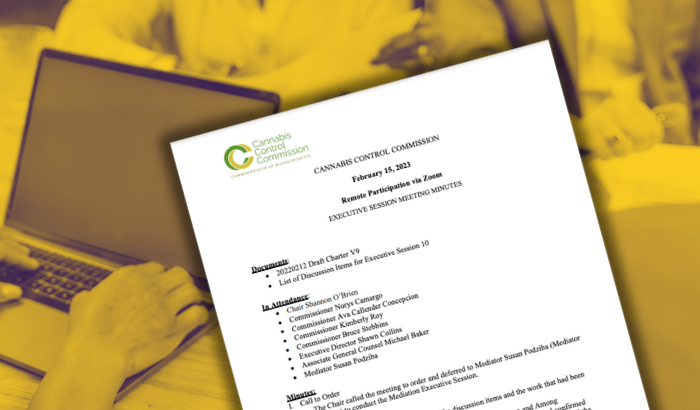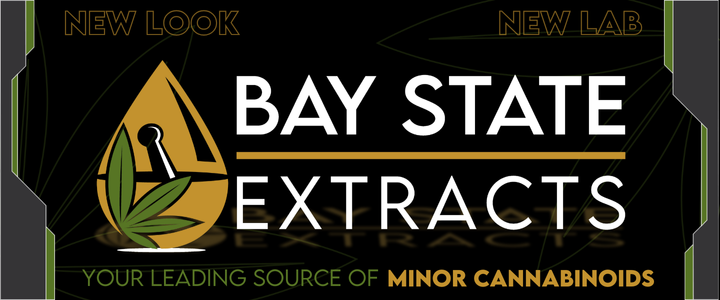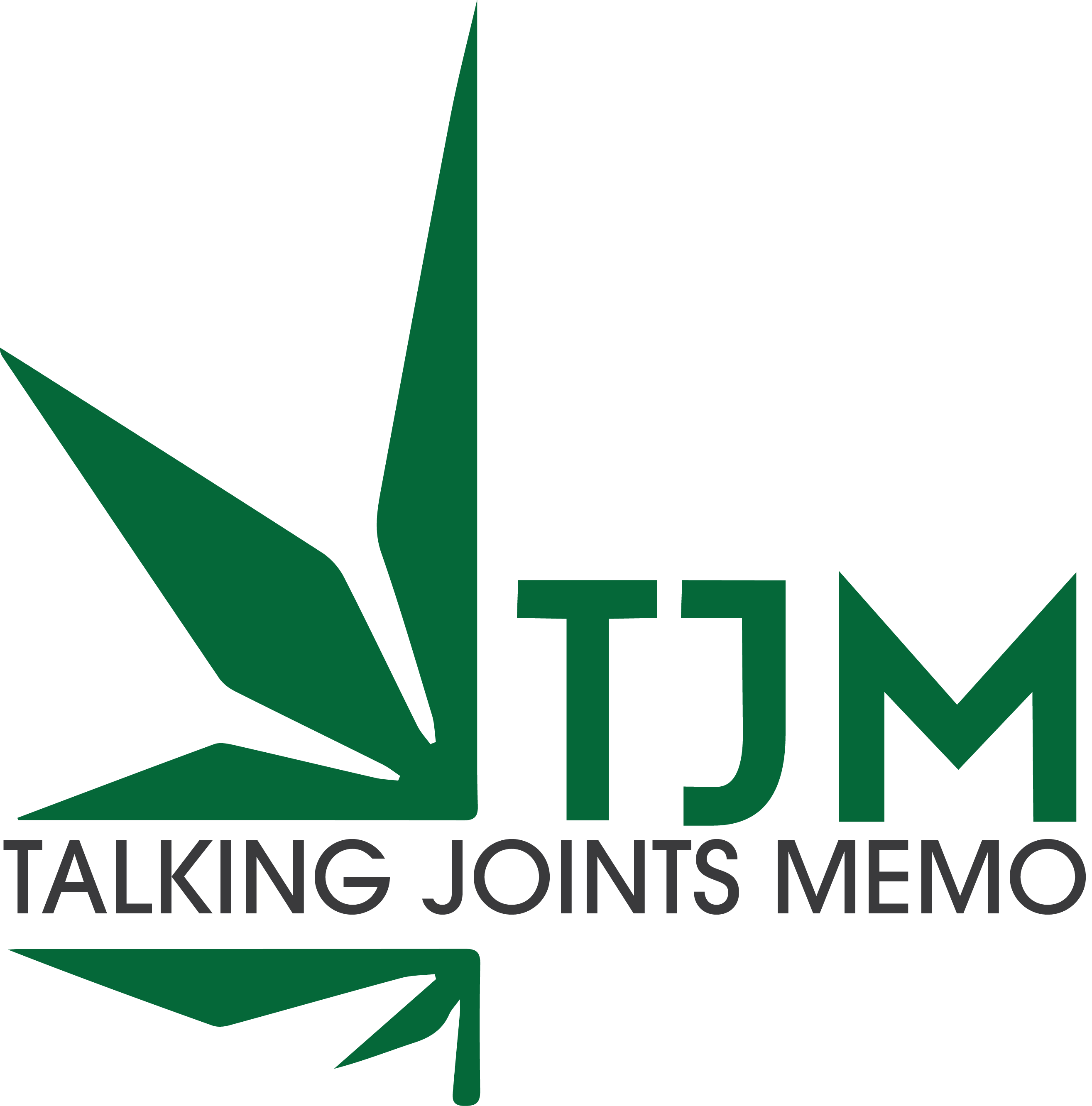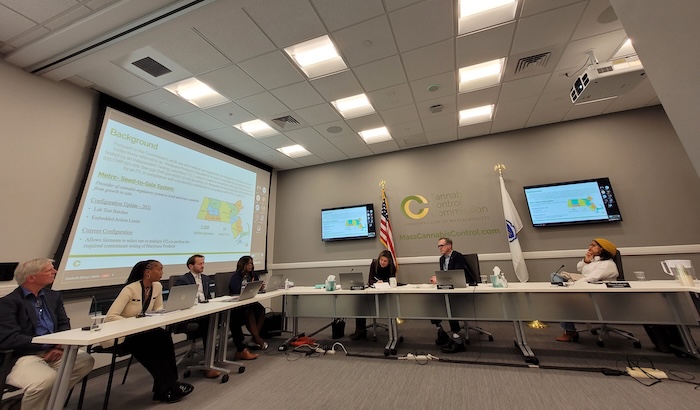
Revelations regard topics ranging from “disagreements” “on messaging,” to lack of “consensus,” to “staff pushback,” to it taking “three weeks for a tweet to be posted regarding agreed upon policy”
Of the many things the Massachusetts Cannabis Control Commission has come under fire for in the past year, its lack of transparency tops the list.
A lot of those complaints have noted how the body frequently meets in executive session, out of public view. According to the agency, many of those discussions have to be kept private, since they involve personnel matters. For example, members have retreated into executive form to address situations stemming from the suspension of CCC Chair Shannon O’Brien last September.
Details from most of those meetings are still under lock and key, but in the packet for the Aug. 14, 2024 commission meeting, the agency released 96 pages with 16 sets of minutes covering sessions from—October 2022 through November 2023. The batch, which is still a draft at this point until members vote on it, offers significant insight on the inner workings of a commission beset by infighting and setbacks. Here are some select highlights that show how we got to the point where commissioners sometimes bicker for hours over procedure:
- Commissioner Roy raised the issue of whether the Treasurer should be involved in the procurement management team (PMT); the ED did not think that the Treasurer should be involved. The Chair noted her worry of putting too much detail in the role, i.e., the Treasurer is not the CFAO of the Commission. The ED saw the Treasurer’s role as a check on the finance staff.
- Commissioner Concepcion opined that the Treasurer should be involved [in] the budgetary process, but the ED disagreed. Commissioner Camargo noted the Commissioners had not been involved in the budget process.
- Commissioner Stebbins spoke about items being brought up, but not being able to vote on them. The Chair felt like this constituted getting around the public posting. The effect of 48-hour advance notice was raised, particularly in when votes may be taken or not taken. The ED added the Chair controlled discussion and debate and explained the process of suggesting if a Commissioner wanted to raise business, then they should wait a month.
- Commissioner Roy asked if she could send notes to an Executive Assistant or the ED and inquired about the implications of serial communications. The ED noted that that type of communication was not allowed as it constituted a serial communication and the Chair disagreed with that conclusion.
- Commissioner Concepcion opined that the Treasurer should be involved [in] the budgetary process, but the ED disagreed. Commissioner Camargo noted the Commissioners had not been involved in the budget process.
- The Chair observed that there had been disagreements from Communications on messaging which is the prerogative of Commissioners. She opined the Chair had the statutory authority to develop strategy when there was no consensus. The Chair cited the example of driver’s education and staff pushback. Commissioner Roy agreed and noted that it had taken three weeks for a tweet to be posted regarding agreed upon policy.
For those clamoring for more opacity, there is a lot to read, though very little of it pertains to the fallout since O’Brien was suspended. At the same time, it’s useful information to consider as the agency searches for its new executive director and rewrites rules around power and procedure. One thing that’s clear is that the current gripes of members are not new, and that they have been quibbling about this stuff behind closed doors for years. From the Nov. 30, 2023 minutes …
“Commission Camargo noted the challenges from the statute pertaining to the roles of the Chair and Executive Director. She mentioned the past rub between Chair and [Executive Director Shawn Collins]. She stressed the importance of drafting adequately to accommodate new Commissioners.”
In July, Massachusetts Inspector General Jeffrey Shapiro noted the extensive time that members have spent meeting in private during his scathing testimony to state lawmakers about the agency.
“The length of time and resources devoted to mediation and the governance charter raise questions,” Shapiro said. “Between June 2022 and December 2023, the Commission entered into executive session 16 times to discuss mediation and its governance charter.”
At Wednesday’s meeting, commissioners discussed a draft of their long-awaited “document to promote good governance” which came out of those sessions. At the time of this writing, they are still deliberating on various points of the document, which will take more than one meeting to fully review.
Asked about the decision to release the minutes from their executive sessions addressing the governance process, Commissioner Roy said during a media availability after the meeting that there “has been a lot of curiosity, and we’re a government agency and we need to be transparent.”
Roy also noted that the minutes and new charter aren’t finalized yet. “Some of us might have questions about some of the minutes, and we need to approve them for the public,” she said. “We don’t want to get ahead of ourselves.”
























